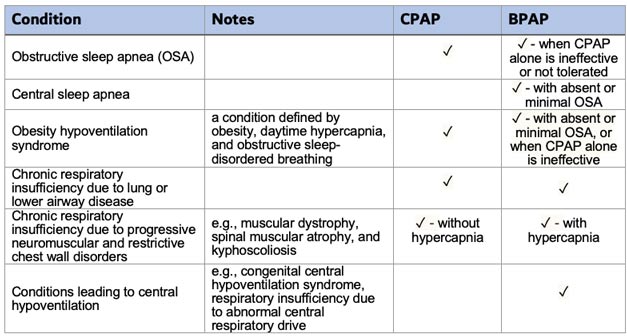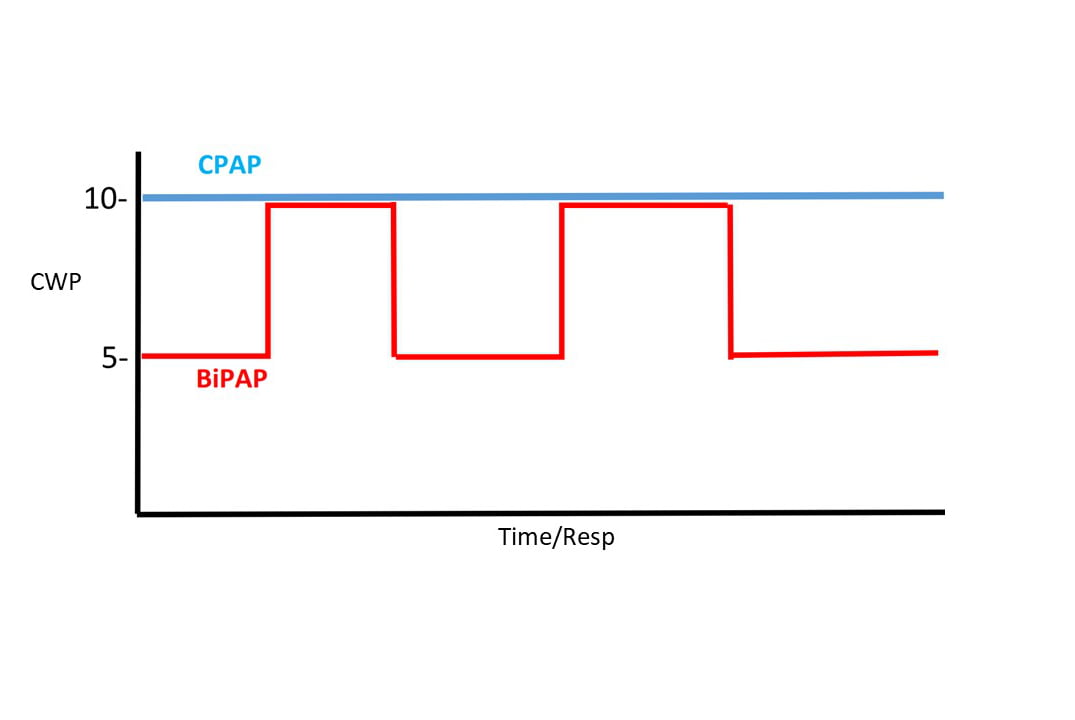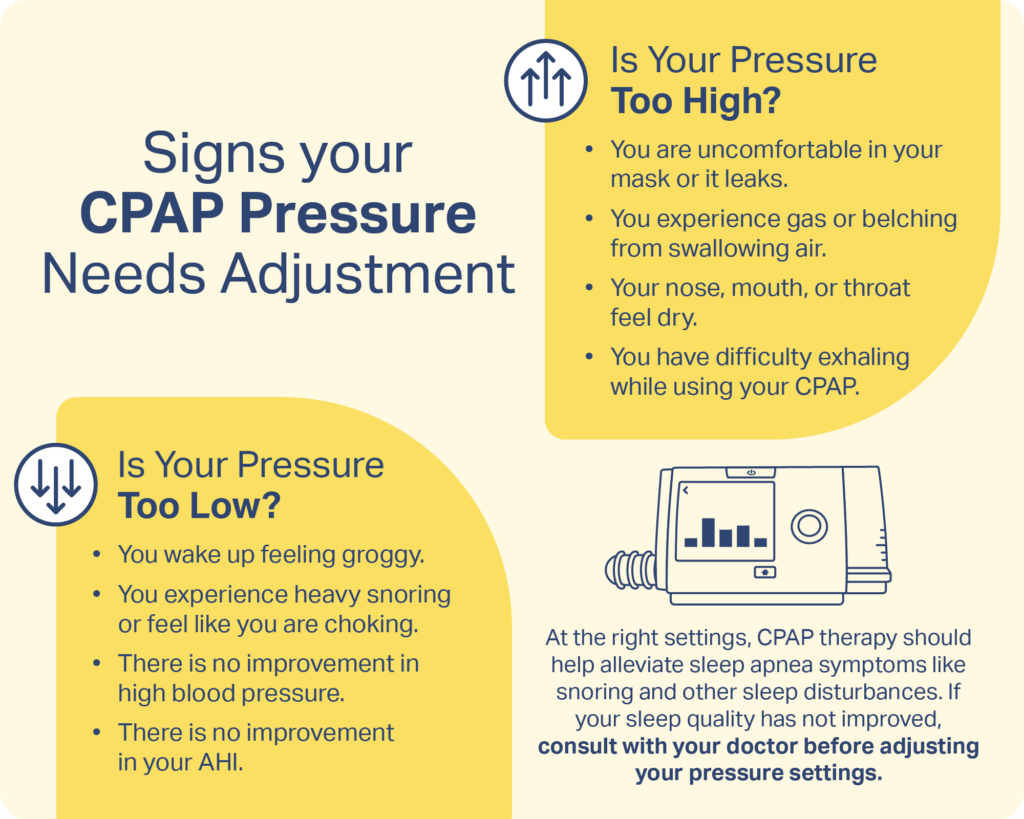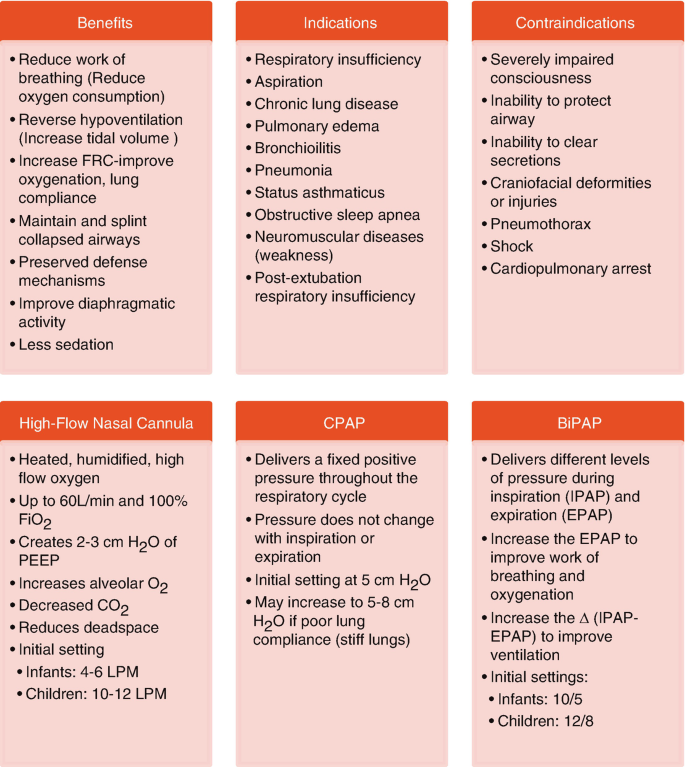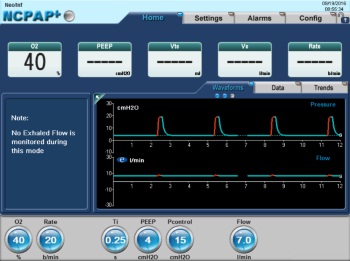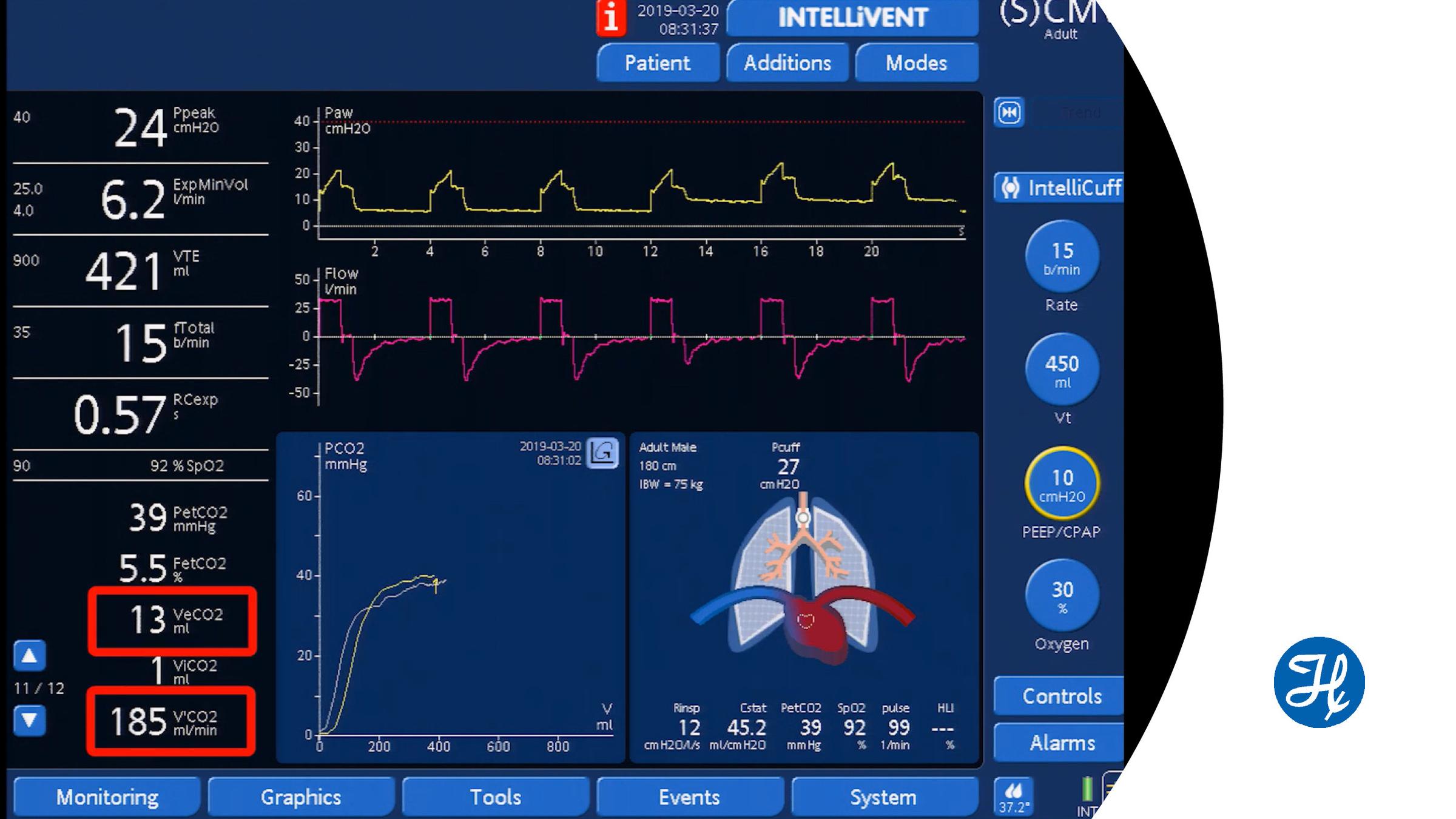
Continuous Positive Airway Pressure (CPAP) | Continuous positive airway pressure (CPAP) is the use of continuous positive pressure to maintain a continuous level of positive airway pressure in a... | By ICU

Comparison of delivered distending pressures in the oropharynx in preterm infant on bubble CPAP and on three different nasal interfaces - Sharma - 2020 - Pediatric Pulmonology - Wiley Online Library

Respiratory Support options BY: NICOLE STEVENS. CPAP CPAP is “Continuous Positive Airway Pressure”, it is a gas pressure higher than atmospheric pressure, - ppt download
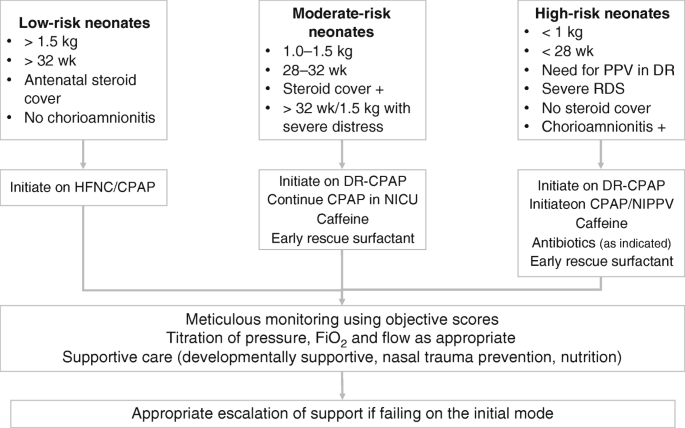
Noninvasive Respiratory Support in Neonates: A Review of Current Evidence and Practices | SpringerLink

Can Higher PEEP and FiO2 with Bubble CPAP Reduce Need for Invasive Ventilation in Preterm Babies with Respiratory Distress Syndrome | Semantic Scholar

Study schema depicting the crossover between high CPAP and NIPPV at... | Download Scientific Diagram
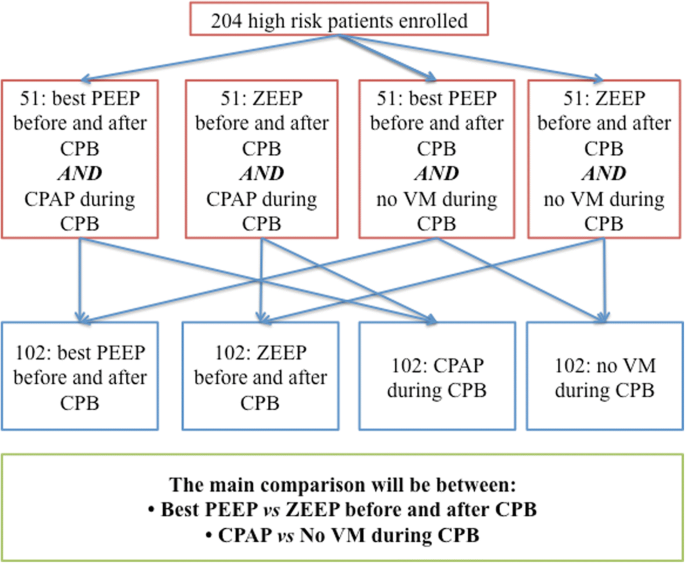
Positive end-expiratory pressure (PEEP) level to prevent expiratory flow limitation during cardiac surgery: study protocol for a randomized clinical trial (EFLcore study) | Trials | Full Text





